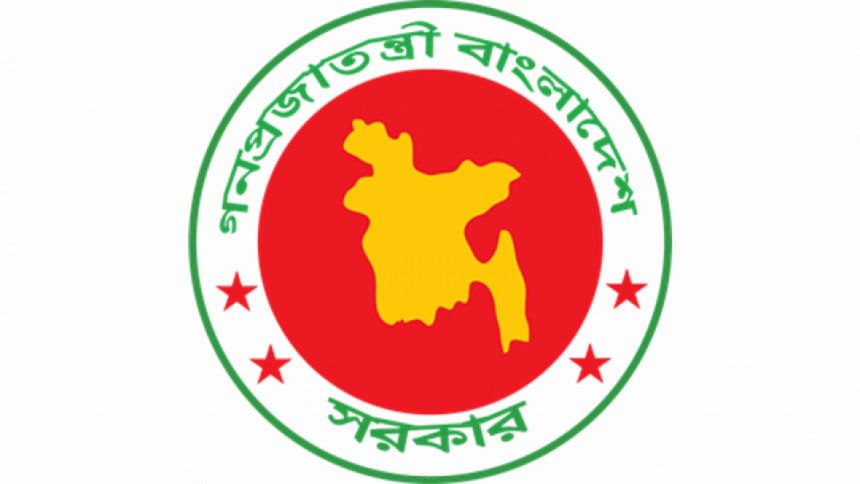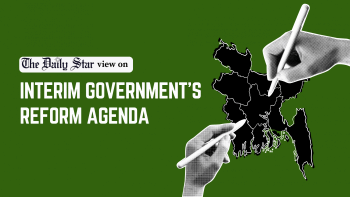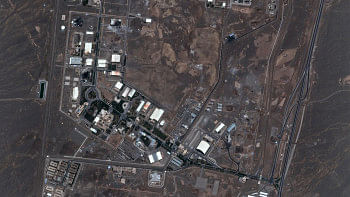3 Months of interim govt: Start of reform process reassuring

The much talked about reforms are finally under way as the government completes its three months in office. There has been a unanimous agreement across the political spectrum about the necessity of reforming institutions that had been rendered into partisan instruments during the 15-year Awami League regime. That the commissions have begun their assignments is heartening.
Since it will be through these reforms that the incumbents will have a lasting impact in Bangladesh, it is imperative that the reforms are done well with due deliberation. It will be based on the platform these reforms provide that the election roadmap will have to be designed. While there have been some indications about a route to the next elections, incumbents will have to present a more concrete roadmap sooner, rather than later. The call for a concrete election roadmap from the political quarters will only become louder and stronger with time. Thus, it will only allay apprehensions and reassure the people that the country is indeed headed towards an election.
Three months on, law and order continues to be the government's main concern with crimes rising across Dhaka and elsewhere. The ruling interim government had taken over the reins of Bangladesh after a people's uprising spearheaded by the students. Essentially a campaign against reservations in government jobs, the uprising was characterised by excessive violence from law enforcers who killed at least 874 protesters — the government is yet to confirm the final number. Following the hasty departure of the former premier and consequent fall of the dictatorial regime, the police had largely deserted their posts fearing attacks.
Since then, law enforcement has been ailing the incumbent government. The police resumed operations only after reassurances of safety and initially had to be escorted by military personnel. But they have yet to regain their morale. The police force is still being purged of perceived Awami League sympathisers or beneficiaries, which has visibly eroded the enthusiastic initiative of this key law enforcement agency. In fact, the army continues to serve on the streets with magistracy powers in the stead of a fully functional police force but there has been little respite from alarming rise in crimes.
Another phenomenon that has featured strongly through the three months of this government is inflation, food prices to be specific. Inflation has been high and eating into people's income so much so that many have had to cut down on nutrition. This is a challenge that the government must fight and quickly at that. That the incumbents inherited a crumbling economy was not of much help either.
The government appears to have managed to improve some aspects of the economy, raising hopes for a full turnaround. Despite a string of weeks-long RMG protests in and around Dhaka, we registered export growth, which must have dwindled at the height of protests when everything ground to a halt. This would only help the foreign currency situation, which continues to be shored with a healthy remittance flow. This too has increased over the last three months as the interim government has been able to restore confidence of the Bangladeshi expatriates.
The unique strength of the interim government almost wholly due to the global goodwill and admiration of Chief Adviser Muhammad Yunus has been its absolute claim to legitimacy within Bangladesh and beyond. That the Nobel peace laureate is held in high esteem could not have been more evident than at the events during the UN General Assembly in New York in September. He was greeted and embraced by world leaders who pledged their full support for the father of social business as the leader of Bangladesh. The incumbents would do well to leverage their legitimacy and proceed quickly with the reforms leading to an election.

 For all latest news, follow The Daily Star's Google News channel.
For all latest news, follow The Daily Star's Google News channel. 





Comments